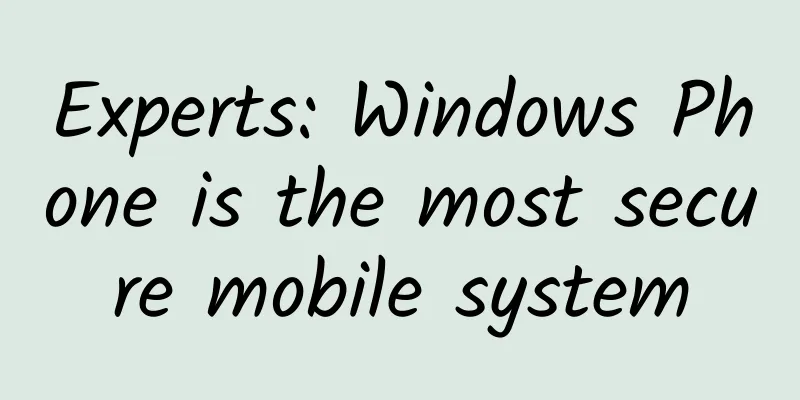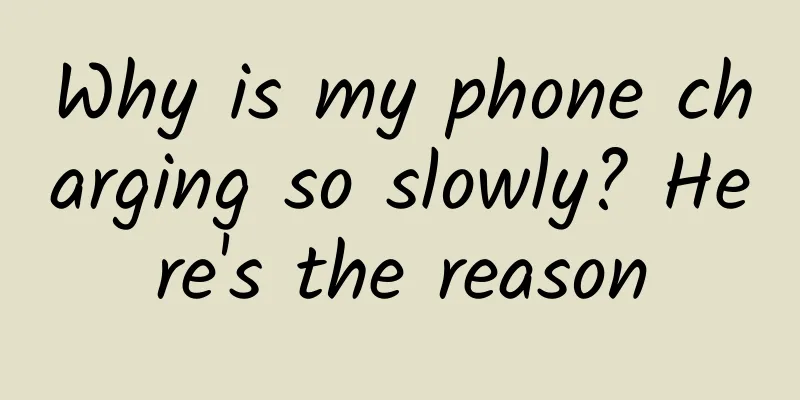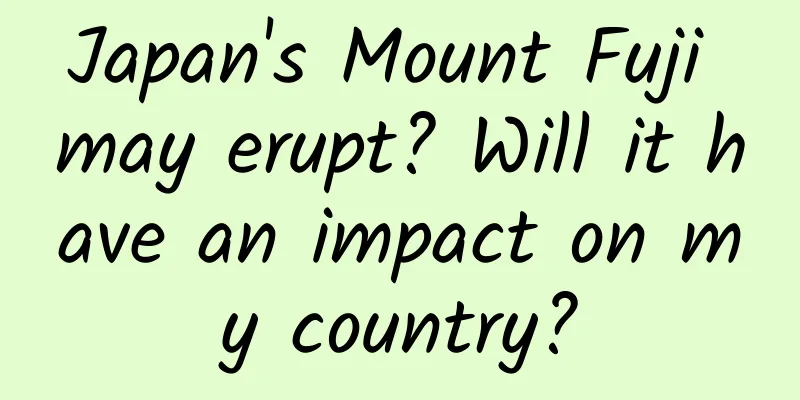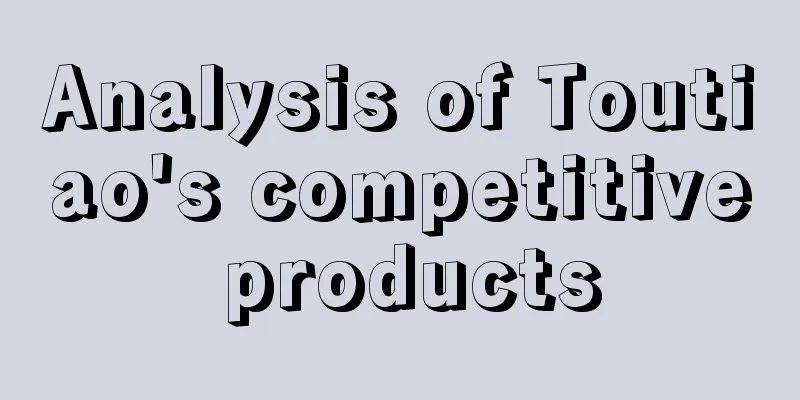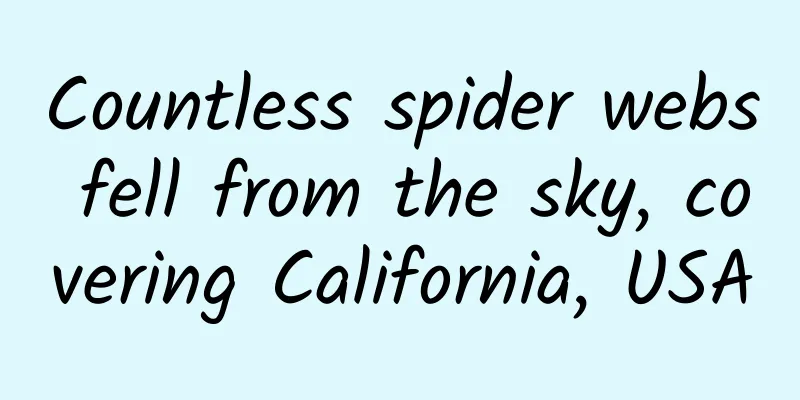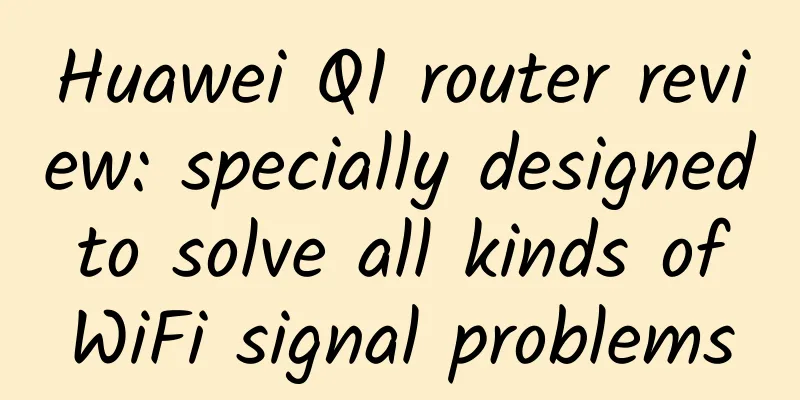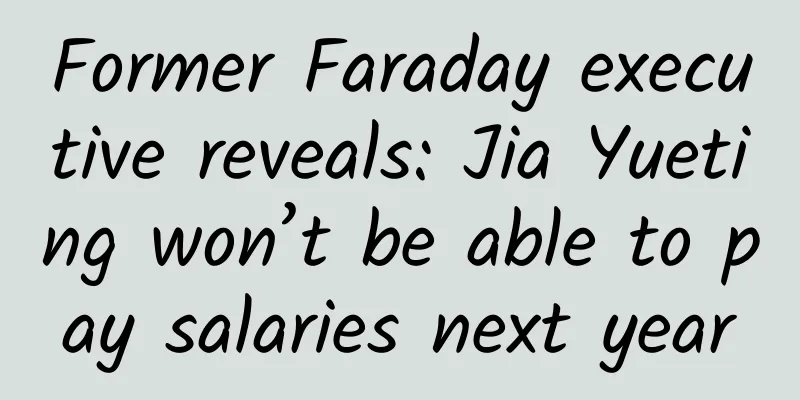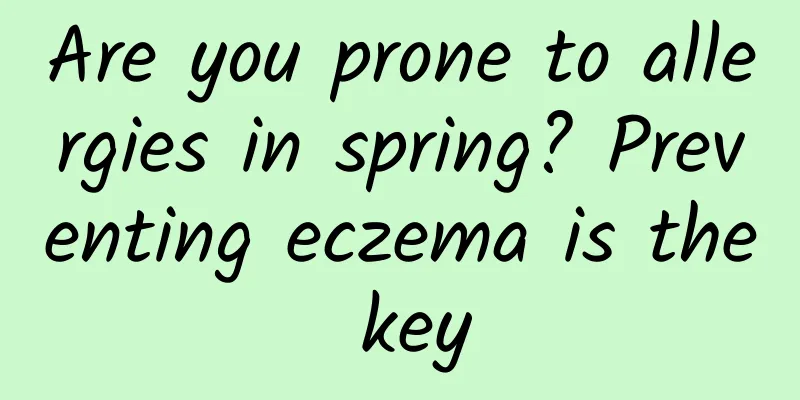Every emoticon you send may become "evidence in court"...
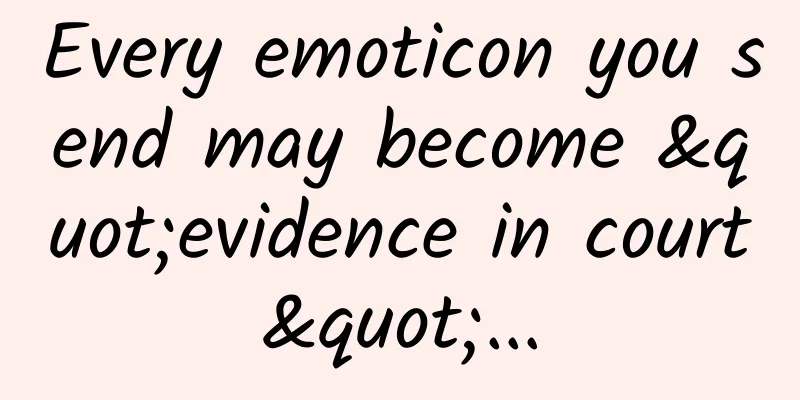
|
WeChat as a commonly used communication tool It has become everyone's daily life Master every emoji It has also become a must-have skill for professionals but Have you ever thought about Emojis may also become What about “evidence presented in court”? Recently, the Jiangsu High Court issued a scientific article Some emoticons have been included in the verdict After searching the Judgment Documents Network Since 2018 There have been 158 cases nationwide where emojis were used as evidence Among them, 8 cases were filed in 2018 and 23 cases were filed in 2019. 66 in 2020, 61 in 2021 Significant increase However, the article states Judicial recognition of emoticons There are still difficulties in practice Difficult to interpret the meaning The interpretation of the meaning of emoticons is highly subjective and lacks uniform standards, making it difficult for the court to accurately "translate" the parties' true intentions. For example, in a housing lease dispute case in Guangdong, after the lease expired, the lessee Liu Moumou, faced with repeated reminders from the lessor and his willingness to increase the rent, did not indicate that he would continue to lease or move out of the house in question, but simply replied with a "sun" emoticon. Later, the two parties disagreed on whether the emoticon represented an agreement to increase the rent. The lessor sued the court and claimed that the lessee agreed to the rent increase, which was supported by the court. In a personal rights dispute case, the defendant Ma had a conflict with the plaintiff Liu, so he sent multiple "bomb" emoticons to Liu via WeChat to express his emotions. Liu believed that the emoticons were a personal threat, so he sued Ma in court and demanded an apology. The two parties later reached a settlement under the mediation of the court. In addition, the same emoticon may be displayed differently in different mobile devices. For example, the "awkward smile" emoticon in Apple's IOS system is displayed as "happy laughter" in the Android system, which can easily cause misunderstandings between the two parties. The “smiley” emoji on different platforms Criminal code words are difficult to identify In some "pornography, gambling and drug" crime cases, criminals use emoticons to replace sensitive words to express metaphorical meanings in order to evade detection. For example, in a certain organized prostitution crime case, prostitutes used the "smiley face" emoticon to refer to the clients and reported the number of transactions to their superiors. For example, in a crime of illegal use of information networks, the criminal Pan created four chat groups to promote and sell his homemade rape drugs, aphrodisiacs and other prohibited items. At the same time, in order to evade investigation and crackdown by public security organs, Pan used symbols such as "candy" and "wine glass" to refer to prohibited drugs and conduct transactions with buyers in the chat group. In addition, some criminals directly use emojis as tools to commit crimes in order to increase the difficulty of identification and crackdown. For example, in a certain fraud case, criminals used the guise of micro-business to lure victims into adding WeChat friends in the name of a lottery and sending "rock, paper, scissors" emoticons through WeChat to participate in a rock-paper-scissors game. They then used cheating software to make the victims mistakenly believe that they had won and "voluntarily" purchased inferior, counterfeit brand-name bags and cosmetics at the so-called "low-price winning price". More than 900 victims were involved, and the case value was more than 7.2 million yuan. Disagreement on effectiveness Different courts have different opinions on whether emojis have evidentiary value. For example, the Guangzhou Intermediate People's Court held in a warehousing contract dispute case that emoticons are visual images that help express moods, emotions, and ideas, and cannot be considered a commitment in the legal sense based solely on emoticons. Therefore, it did not determine that the "OK" emoticons sent by the parties meant consent. However, the Xiamen Intermediate People's Court held in a private loan dispute that, based on daily communication habits and chat context, the "OK" emoticon sent by the parties should be regarded as consent to the other party's request, and made a judgment accordingly. In addition, there are different understandings of emojis with neutral meanings. For example, in a sales contract dispute case, the seller sent the details of the unsettled amount to the buyer via WeChat, and the buyer only replied with an emoticon of "Don't talk". The first instance court held that the buyer had not confirmed the settlement amount and therefore rejected the seller's lawsuit. The second instance court held that the buyer had neither replied nor denied, and should be regarded as acquiescing to the seller's claim, and revised the first instance judgment. The court reminded: Using emoticons when chatting online has become an essential input habit for many netizens. Emoticons are conducive to the emotional, interesting and simple nature of online communication, and to a certain extent make up for the emotional attitude that is difficult to express with words. However, improper or even malicious use of emoticons can also lead to negative consequences, and lead to disputes, infringements, and even crimes. The Internet is not a lawless place, and you should be cautious when using emoticons in the online context. Therefore, we remind you: Since the meaning of emoticons may be interpreted in many ways, in online conversations involving personal interests, key information that indicates attitudes should be expressed in text as much as possible, or emoticons that are not easily ambiguous should be selected to clarify the true meaning of both parties and avoid unnecessary misunderstandings and disputes. At the same time, pay attention to retaining relevant chat records to facilitate the use of evidence for rights protection after a dispute occurs. Online speech must abide by online ethical standards and use emoticons in good faith. If one abuses the right to freedom of speech and arbitrarily uses emoticons to insult, slander, or threaten others, it will constitute an infringement of others' reputation rights and the person will bear corresponding legal responsibility. If the circumstances are serious, it may even constitute defamation and face severe criminal penalties. When making or disseminating emoticons, one should pay attention to reasonable boundaries to avoid harming the legitimate rights and interests of others and social moral order. If one makes an emoticon package with the portrait of another person without their consent, even if it is not for profit, it may constitute an infringement of the portrait rights of another person. In some telecom network fraud crimes using emoticons, criminals use non-contact means to commit crimes. The criminal methods are novel and covert, and the harm is serious. Therefore, when facing the temptation of cyberspace, we must be vigilant and guard against being deceived. If you encounter fraud, you should report it to the police in time to avoid greater losses. Netizen: What does the dog head emoji mean? Be careful when using emoticons Good Faith Use And keep reasonable boundaries Can you use it? Source: Science Popularization China WeChat Official Account |
<<: Can you eat the soil on the moon? What would happen if you ate it?
>>: I, Sphagnum Moss, am almost 300 million years old and a great drinker!
Recommend
The metaverse created by Musk might be used to build himself and become a real Iron Man?
Nearly 30 years ago, American science fiction wri...
How much does a black blessing cost? How much does the African blessing video cost?
The African Black People Holding Up Blessing Sign...
Small flaws in iOS native image tagging that you may not have noticed
As we use smartphones for longer periods of time ...
The complete TV series "Tang Brick" is free to watch. The complete TV series "Tang Brick" is free to watch online!
Introduction: "Tang Brick" is a time-tr...
Formulas, logic and methods of 8 super hit product cases
Chinese companies are facing an inflection point ...
Some details and thoughts on “Guess the Picture Song”
Quickdraw’s CNN-RNN model The quickdraw model use...
Why does the iPhone X have no chin? You'll understand after reading this
Recently, the vivo APEX has been making waves in ...
Super-burning new Blue Whale power, extraordinary driving experience, and less than 150,000 yuan, can Changan UNI-Z take the lead?
Recently, Changan Automobile released more offici...
How to build a user growth system?
I have recently been reading Professor Huang Youc...
3 tips for landing page optimization!
The landing page is the most important part of th...
How to attract users with a budget of 0? Teach you 5 unique skills and talk about some traps!
Recently, some pure product personnel who work be...
How to build a user growth system with the help of distribution methods?
Since 2018, fission, viral marketing and distribu...
Help! How can the virus he draws be so beautiful!!!
On Earth, the interconnected roads, the densely p...
Filling, down content, filling amount...what do these terms on down jacket labels mean?
Review expert: Luo Huiqian, Associate Researcher,...
